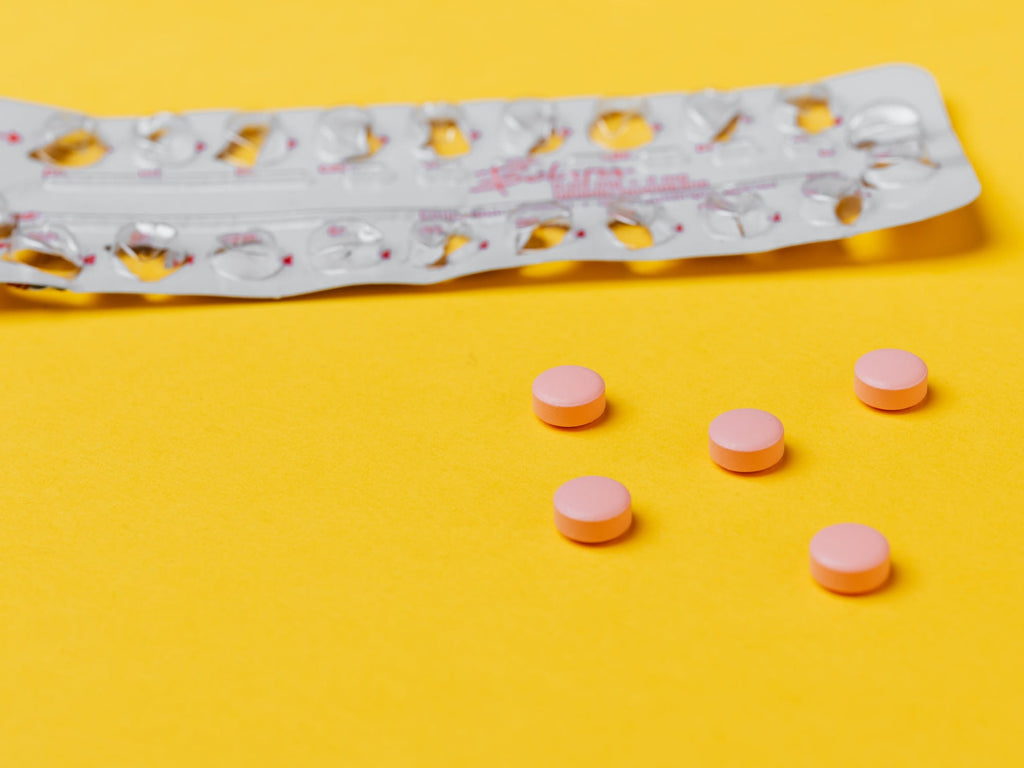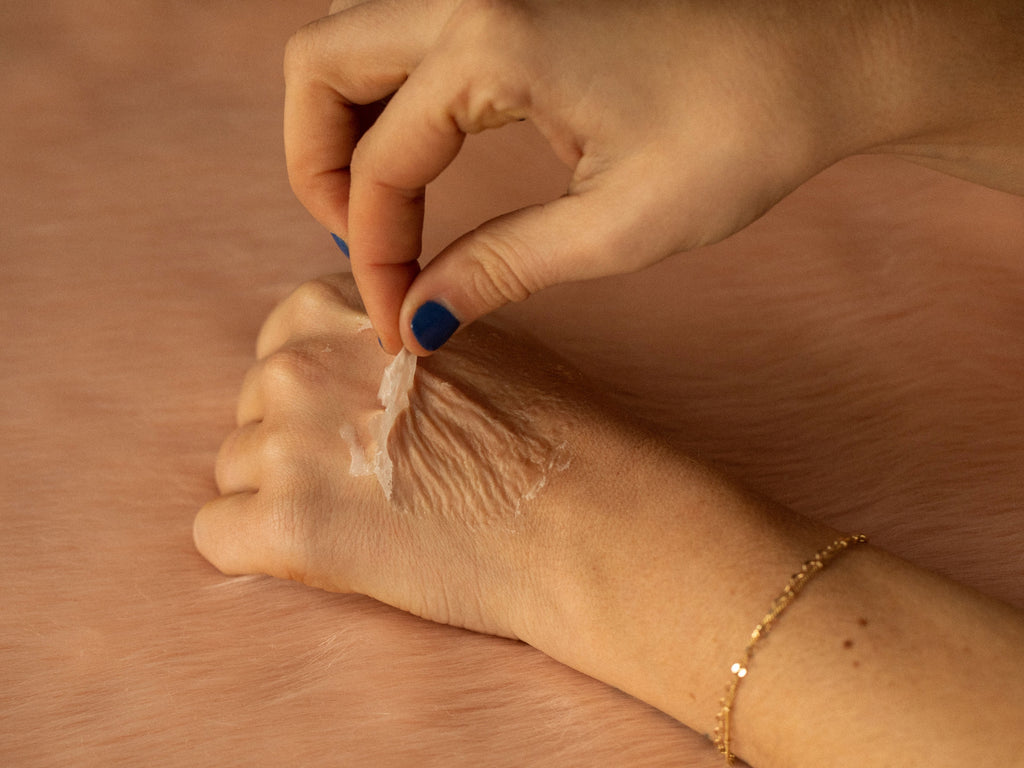For decades, research on the beneficial effects of psychedelics was stymied by America’s draconian anti-drug policies. Drugs like MDMA and shrooms remained ‘party drugs’ – baggies passed between friends at music festivals, handfuls munched on camping trips under starry skies – while being neglected by the mainstream scientific establishment. But in recent years, there has been a glut of new research into the potential therapeutic effects of this formerly derided class of drugs. As Michael Pollan described in his recent book on psychedelics called How To Change Your Mind, our culture is experiencing something of a psychedelic revival, with the scientific and medical communities — long scared off by war on drugs fear-mongering — looking once again to drugs like LSD, psilocybin, and ketamine for their potential mental health benefits.
Could the right drug be the key not just to having a really fun night at the club, but to curing your depression, or helping you deal with undiagnosed PTSD? Here’s a look at some of the new findings:
MDMA
In the past decade there has been promising research into the use of MDMA, combined with talk-therapy, to treat PTSD. Just as MDMA ingested at a party might leave you professing your love to all your friends and confessing all your secrets, researchers believe that the emotional openness MDMA elicits – due to the release of serotonin and oxytocin – can be helpful in getting people to open up in talk therapy. This may enable them to discuss traumatic memories that would otherwise be too painful to share.
Results of clinical trials showed that MDMA more than doubled the beneficial effects of talk-therapy. As Dr. Scott Shannon, a researcher investigating MDMA-assisted therapy for PTSD, says: “What I see happening is people digest the experiences that they’ve had. MDMA quiets down the amygdala — the fear center of the brain — enough that people can actually reason through their experience and understand that they survived it, that it’s not an acute issue for them anymore and they’re going to be okay.” Based on the promising research, the FDA gave MDMA the designation of a ‘breakthrough therapy,’ which has led some optimistic researchers to think it could be available as a therapy as soon as 2021.
Ketamine
Ketamine, most commonly known as a horse-tranquilizer, medical anesthetic and a particularly potent club drug, is also undergoing a serious rebranding. The medical establishment has widely heralded ketamine as a “revolutionary” treatment for depression, particularly for those who have tried more than one traditional antidepressant without success. For two decades, researchers at Yale and elsewhere have been experimenting with the intravenous use of ketamine as a treatment for depression; the FDA approved a nasal spray called esketamine this year. In a number of Yale studies, more than half of patients felt a decrease in depression symptoms 24 hours after receiving ketamine intravenously, despite seeing no improvement on SSRIs. “The whole discovery of this rapid, antidepressant-like effect with ketamine is a huge advance for the field,” said Gerard Sanacora, Director of the Yale Depression Research Program, in an interview with the Yale Daily News. “It really, in my opinion, is one of the major breakthroughs in the field in the past five decades.”
Psilocybin
Psilocybin, a.k.a. the active ingredient in magic mushrooms, has shown remarkable promise in helping patients with terminal illness come to terms with their death – which is no small feat. The sense of calm and oneness with the universe that can come from a good shroom trip also has the makings of a major mental health breakthrough. Researchers from NYU and John Hopkins gave psilocybin to patients with advanced cancer diagnoses and found that an incredible 80% of subjects showed an alleviation in their anxiety and depression. “I’m not anxious about cancer anymore. I’m not anxious about dying,” a man named Octavian Mihai told the New York Times, after undergoing psilocybin therapy during a diagnosis of Stage 3 Hodkin’s lymphoma. The session, he said, “made [his] life richer.”
What other potential benefits can we get from these once-derided drugs, as well as others like ayahuasca and LSD? We’re only just beginning to find out.
Photo courtesy of Markus Spiske.
This post is tagged as:
You may also like...
The Latest
People & Places
How Ara Katz is Redefining “Self-Care” as Rooted in Science with Seed
The co-founder, mother, and self-proclaimed serial entrepreneur unpacks her philosophy on what it means to be well. Ara Katz hates the word “success”. Not because of its listed definition in a di...

Do Good Werk
9 Passive-Aggressive Email Phrases That Are Basically Evil
A Rosetta Stone for every time you want to :’).

Woo Woo
Get to Know Your Astrological Birth Chart
How to find meaning in the stars — and what it means for you.

People & Places
The 5 Best Places In New York To Meet Your Next Investor
Where to rub shoulders with the city's movers and shakers.

Do Good Werk
10 Unhealthy Thoughts You Convince Yourself Are True as a Freelancer
If you work alone, you might be particularly susceptible to distorted thoughts that hurt your mental health.

People & Places
Creating a Conference-Meets-Summer-Camp for Adult Creatives
An interview with Likeminds founders Rachael Yaeger and Zach Pollakoff This past September, I sat in front of an obituary I wrote for myself after a session with a death doula. No, I didn’t know w...

People & Places
When Something Golde Stays: An Interview with Golde’s Co-CEOs
“For us it was never a question,” says Issey Kobori, speaking of the decision to build a business with his partner Trinity Mouzon Wofford. At just shy of 27, Kobori and Wofford have secured a host ...

Better Yourself
Are They Toxic? Or Are They Human?
There’s a difference between putting up boundaries and putting up walls, and the latter is what breaks relationships.

Do Good Werk
How To Combat Seasonal Affective Disorder At Work
Here’s what to do if seasonal affective disorder starts to take a toll at the office.

People & Places
Reclaiming Womxn's Wellness Spaces from a White-Dominated World
How The Villij built a collective that their community can connect to.









